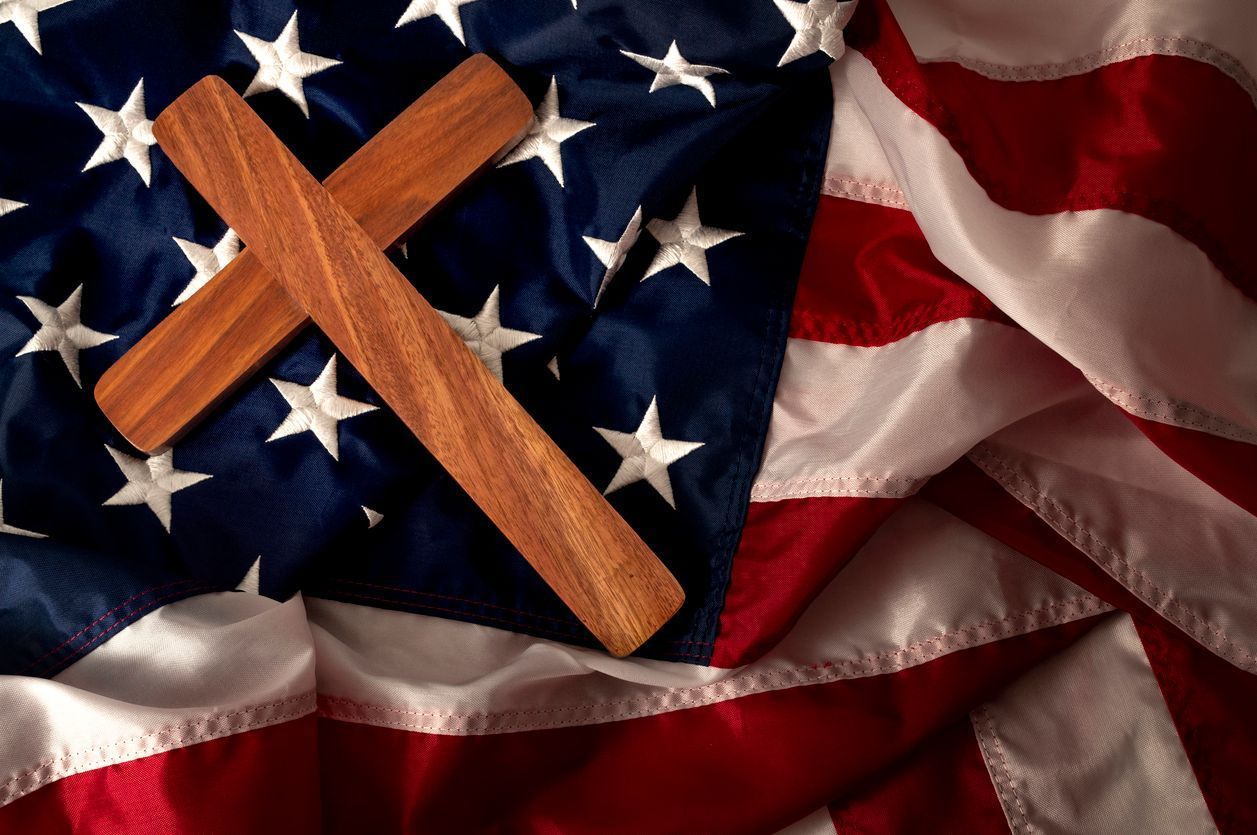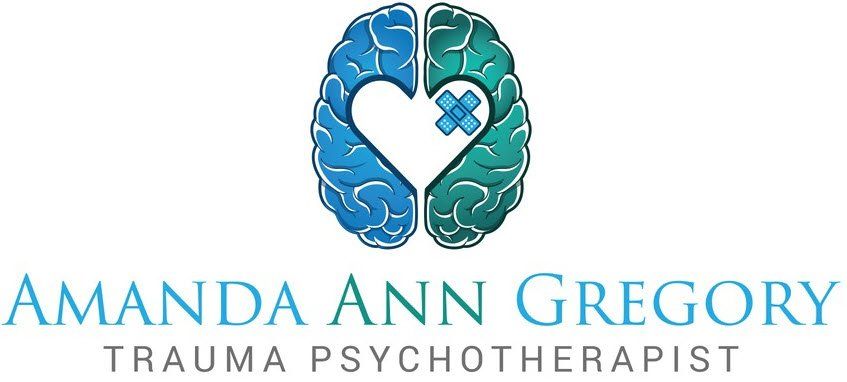6 Ways Christian Privilege Manifests in the US

The United States is NOT a Christian Nation.
While Christianity has been an influential religion in the United States (US) over the past several hundred years, it has never been the prescribed religion of the country. To state that the US is a Christian nation overlooks the rich diversity of religious beliefs and practices that exist and are celebrated in the country.
Christianity is the largest religious orientation in the (US), as more than 70% of citizens identify as Christian. [i] In addition to being a member of the majority, US Christians benefit from experiencing Christian Privilege, which author Maisha Z. Johnson reports as “a set of advantages that benefit Christians, but not people who practice other religions or no religion at all.”[ii] Those who do not practice Christianity, such as Jews, Muslims, Buddhists, Hindus, Pagans, and those who are religiously unaffiliated, do not receive the same treatment as Christians in the US.
It's important to be aware of the impact of Christian Privilege on Christians and non-Christians, as this phenomenon has a direct impact on mental health. Christian privilege can contribute to feelings of anger, unsafety, confusion, and grief for both Christians and non-Christians.
These are six ways in which Christian privilege manifests in the US:
1. Safety.
Christians are less likely to be the targets of violence due to their religious beliefs. Jews continue to be murdered, harassed, and oppressed in the US as antisemitic incidents in the US reached their highest count in 2022.[iii] Christians are not immune to religious oppression and violence in the US, but statistics show that they are less likely to have these experiences.
2. Acceptance.
Christians are more likely to experience acceptance of their religious beliefs in the US and less likely to experience oppression compared to non-Christians. Islamophobia, an extreme fear of and hostility toward Islam and Muslims, has caused pervasive systemic oppression of Muslims in US. Many citizens believe that all Muslims are terrorists due to a small percentage of violent extremist groups. However, few citizens believe that all Christians are violent racists due to the actions of the Klu Klux Klan (KKK), a Christian white supremacist group. Christianophobia, the fear and hostility toward Christians or the Christian religion, is less likely to lead to systemic oppression in the US.
3. Public representation.
Christians are more likely than non-Christians to see images representing and celebrating their religious beliefs in public spaces, including work, school, and government-funded environments. This public favoritism sends a message to non-Christians that Christianity is the “preferred” religion.
4. Government allies.
Christians are likelier to share the same religious beliefs as those elected to government offices. For example, eighty-eight percent of officials serving in the 118th Congress identify as Christian, and most US Presidents have identified as Christian. When government officials share your religious beliefs, they are more likely to initiate and support legislation that creates systemic changes that support your beliefs.
5. Paid time off of work.
Christians are more likely to get paid time off for religious holidays such as Christmas, as this is a federal holiday. Employees who practice Rosh Hashanah, Ramadan, Diwali, Wesak, and Samhain will likely need to request time that may not be approved or time off that may not be paid. Non-Christians might not be able to take unpaid time off of work to celebrate their religious holidays if they cannot afford to do so.
6. Ability to deny Christian Privilege.
White US citizens have the luxury of denying the fact that White Privilege exists in the US, and in doing so, they do not feel the need to challenge systemic racism. Similarly, Christians may deny the existence of Christian Privilege as if they do not, they may feel the need to challenge the oppression of non-Christians. When Christian privilege is challenged by removing Christian symbols from public spaces, forbidding Christian prayer in public schools, and efforts to increase inclusivity and secularism, some Christians have responded with fear and anger as they may view these changes as an attempt to limit their religious freedoms. The denial of Christian Privilege is a luxury that non-Christians do not have.
It’s beneficial to be aware of the existence of Christian privilege and how it impacts you and others. Just as with White Privilege, we gain nothing from ignoring this phenomenon, as recognizing it can help us to challenge it, which can lead to social changes and improved mental health for both Christians and non-Christians.
Sign up for my monthly newsletter and receive the free e-book 25 Anxiety and Trauma Coping Hacks. Sign up HERE.
[i]
Pew Research Center, “Religious Landscape Study,” Retrieved from
https://www.pewresearch.org/religion/religious-landscape-study/.
[ii] Maisha Z. Johnson, “Don’t Believe in Christian Privilege? These 15 Examples Will Leave No Doubt,” Everyday Feminism, January 12, 2016, Accessed February 25, 2024, https://everydayfeminism.com/2016/01/believing-christian-privilege/
[iii] Nicole Chavez and Nicquel Terry Ellis, “2022 Saw the Highest Rate of Recorded Antisemitic Incidents in the US. American Jews Fear the Isrrael-Hamas Conflict Could Make Things Worse,” CNN, October 12, 2023, Accessed February 25, 2024, https://www.cnn.com/2023/10/13/us/us-jewish-community-fear-rise-antisemitism-reaj/index.html
All Rights Reserved | Amanda Ann Gregory, LCPC
Design & Consultation by Teresa Lauer, LMHC, GrowYourTherapyPractice.com *


